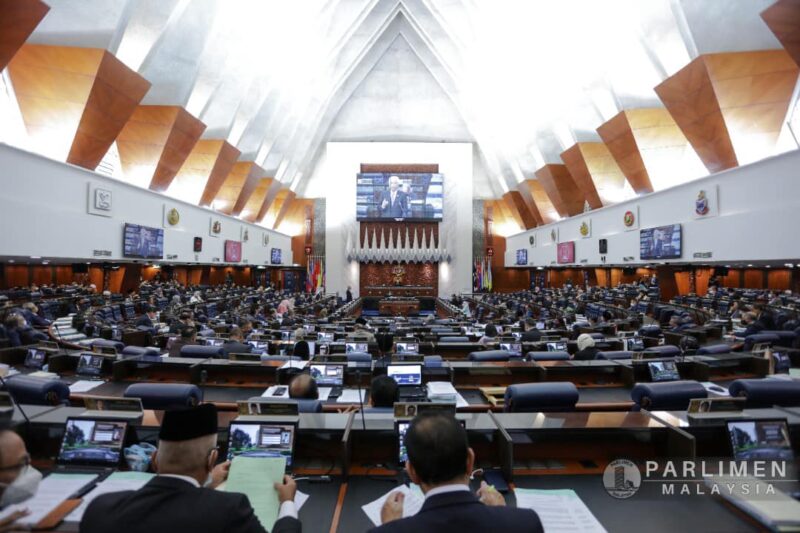Silver lining to worker freeze issue

KUALA LUMPUR: The tiff between Malaysia and Indonesia over foreign workers issue, while uncalled for, may be happening at the right time before the inflows of major infrastructure projects.
Some analysts believe an amicable resolution can be expected soon, at least before the rollout of mega projects such as Mass Rapid Transit Line 3 (MRT3).
They also said the government’s decision to allow construction sector to hire foreign workers from all the 15 permitted source countries provided a much-needed relief for the sector plagued with labour shortage.
Analysts at MIDF Research expect a lull period prior to the rollout of MRT 3 in the fourth quarter (Q4) of 2022, with both the Malaysian and Indonesian governments having resolved the freeze of imported workers from the republic by then.
“In the meantime, depending on the size of projects at hand, we are not too concerned about the shortage of workers affecting the companies under our coverage,” MIDF Research stated.
The government reportedly, via the Immigration Department and the Human Resources Ministry, will engage with its Indonesian counterpart, to look into the issue of the hiring freeze.
MIDF Research said the government’s decision to lift the freeze on foreign workers had opened up the avenue for construction companies to hire workers from other countries.
They included Thailand, Cambodia, Nepal, Myanmar, Laos, Vietnam, the Philippines, Pakistan, Sri Lanka, Turkmenistan, Uzbekistan and Kazakhstan.
“This is a vital move at a time when Indonesia has put in place a hiring freeze stemming from what seems to be a misunderstanding on the online systems to be used for hiring domestic helpers from Indonesia.”
MIDF Research gathered from the industry that Indonesian construction workers were generally preferred as they were higher skilled.
“Since that option is off the table now with the temporary hiring freeze by Indonesia, we believe that the next in line in terms of preference will be workers from Bangladesh, apart from all the other countries that construction firms can now hire from,” it said.
The government’s green light is on top of the approval given to a proposal by the Construction Labour Exchange Centre Bhd, which is under the Construction Industry Development Board, to fully manage the entry of foreign construction workers involving more than 100 people.
MIDF Research said the construction sector needed about 600,000 foreign workers as industry players ramped up their operations with the reopening of the economy and as they geared up for upcoming infrastructure contract rollouts, starting with the MRT 3.
Pre-Covid-19, the construction sector’s number of filled jobs peaked at 1.31 million people in Q4 2019.
This dwindled to 1.22 million people as of Q1 this year, a reduction of 6.8 per cent or 88,600 people, according to the Department of Statistics Malaysia quarterly employment statistics.
Meanwhile, Putra Business School associate professor Dr Ahmed Razman Abdul Latif said the hiring freeze from Indonesia would have a significant impact on the construction sector since Indonesia provided 35 per cent of the total foreign workers in Malaysia.
“Although we can outsource from other 15 countries especially from Bangladesh which remains our main contributor, the bottleneck actually happens at the processing stage of these workers as it is currently centralised by one agency,” he told the New Straits Times.
Ahmed Razman said the sector at the moment was in dire need of at least 550,000 workers, on top of demand by other sectors for more foreign workers.
He highlighted that agriculture required 120,000 foreign workers while an estimate of 1.2 million workers were needed for manufacturing.
“When considering the current slow process of bringing in the foreign workers into the country, such a hiring freeze will exacerbate the situation further,” he added.
NST




